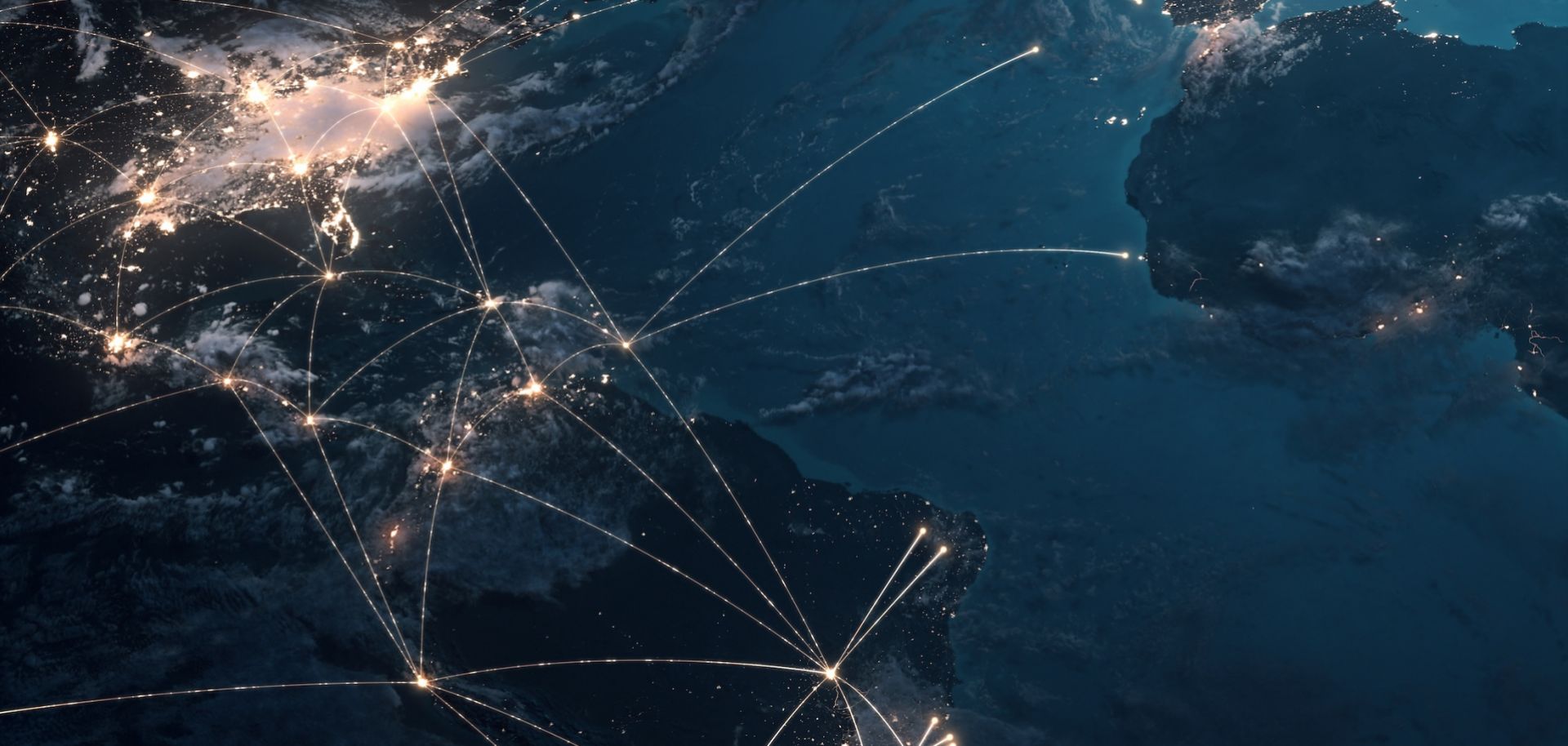In the more than a month since U.S. President Donald Trump announced his so-called "Liberation Day" tariffs on April 2, the protectionist trade policy has introduced shocks to the global economy that are only beginning to reverberate. While there are still many unknowns about how the White House will proceed, what is clear is that U.S. tariffs will prove economically and politically very disruptive to financially distressed developing economies, even if Washington decides not to follow through with its reciprocal tariff policy or lower announced trade restrictions over time. This is largely because U.S. trade policy has created significant economic and financial uncertainty, which will increase economic and financial risks, as well as introduce political instability risks, particularly in financially distressed, developing economies that are reliant on commodity exports. Those that have significant bilateral trade surpluses with the United States face even larger risks due to the higher reciprocal tariffs...



